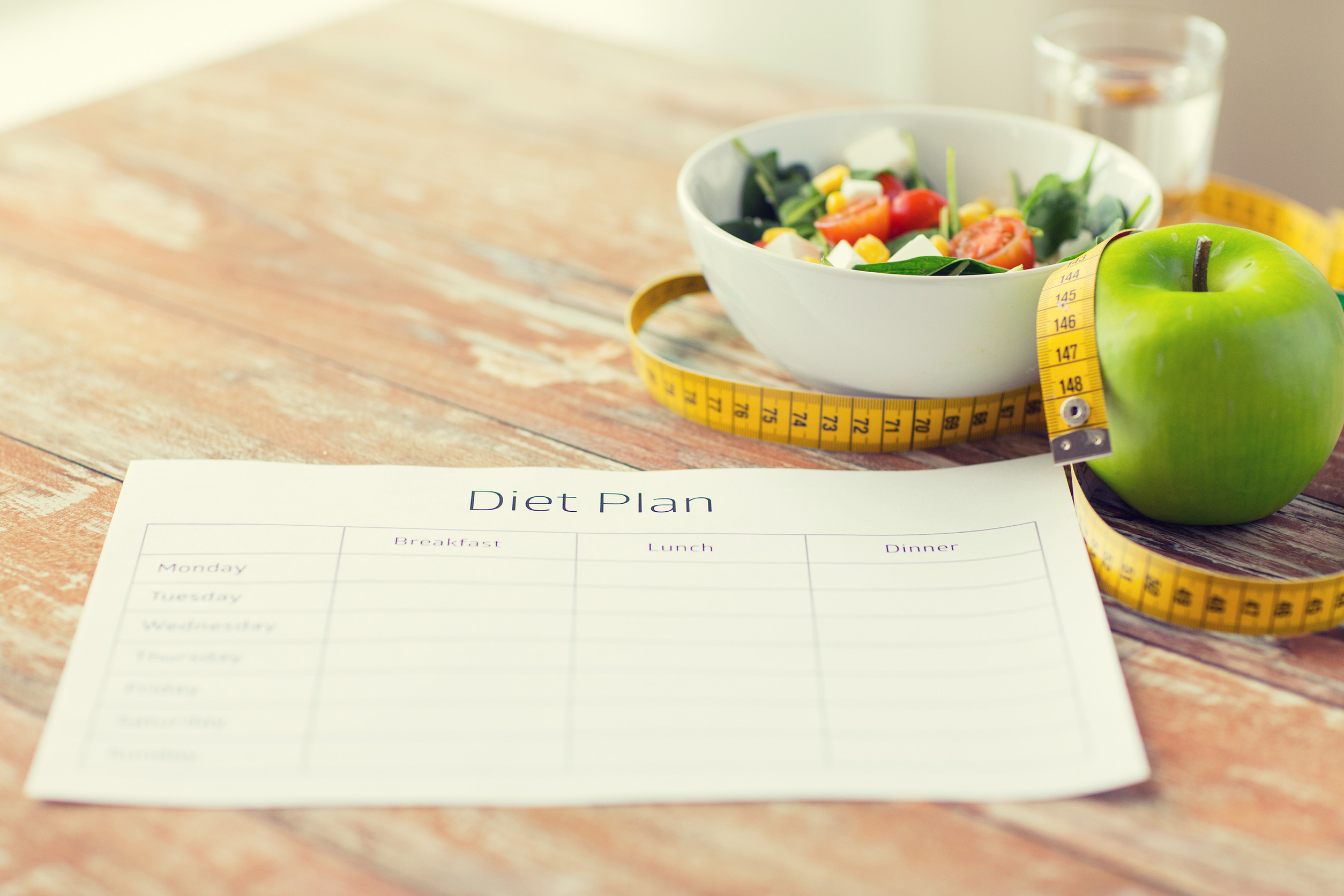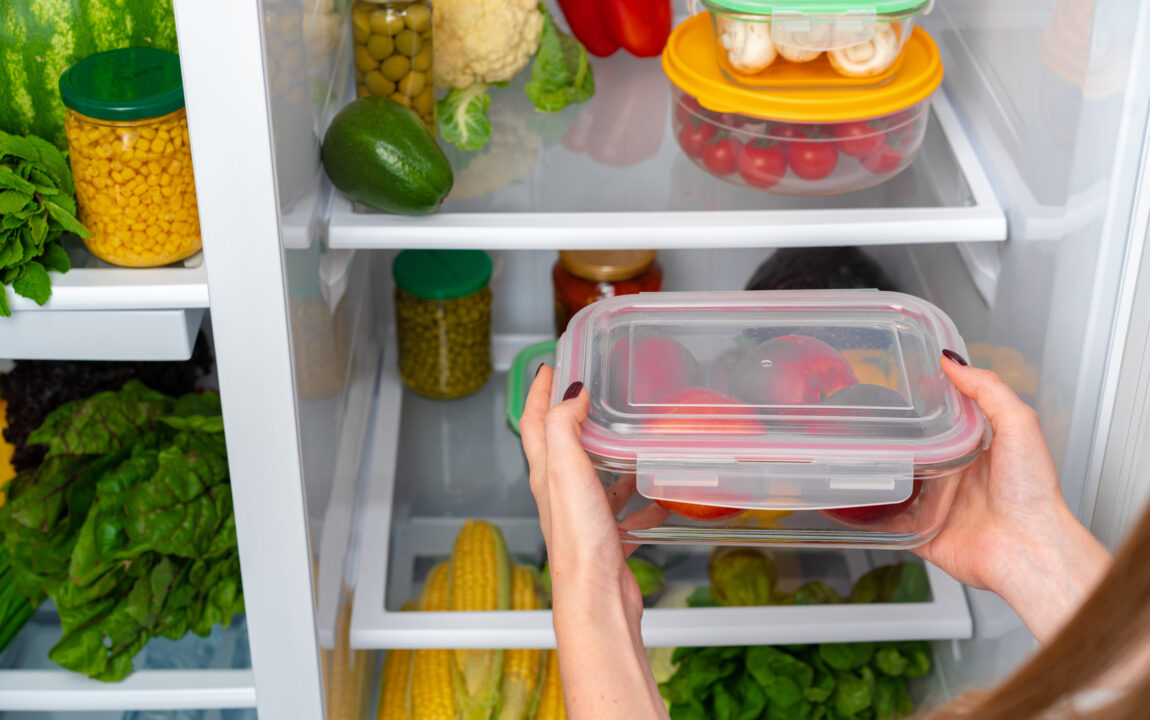
Evidence-Based Foundations
Research by Hall et al. (2019) demonstrates successful weight loss depends on:
- Sustained caloric deficit
- Nutrient density
- Meal timing
- Food quality
Optimal Meal Structure
According to Garaulet et al. (2020), effective weight loss meal plans incorporate:
Protein Requirements
- 1.6-2.2g/kg body weight
- Evenly distributed throughout day
- Focus on lean sources
Fiber Intake
- Minimum 25-30g daily
- Emphasis on whole foods
- Varied sources
Meal Timing Strategies
Studies by Peterson (2019) show:
- Earlier eating windows improve weight loss
- 10-12 hour feeding window optimal
- Larger meals earlier in day
Practical Implementation
Research by Wing et al. (2021) identifies key success factors:
Planning Components
- Weekly menu creation
- Grocery list preparation
- Portion pre-planning
- Meal prep scheduling
Food Selection
- High-volume, low-calorie foods
- Protein at every meal
- Complex carbohydrates
- Healthy fats in moderation
Behavioral Aspects
Williamson et al. (2020) emphasize:
- Pre-planned responses to cravings
- Environmental restructuring
- Social support systems
- Progress monitoring
Meal Templates
Based on Gardner et al. (2018):
Breakfast (300-400 calories)
- Protein source
- Complex carbohydrate
- Fruit/vegetable
- Healthy fat
Lunch (400-500 calories)
- Lean protein
- Non-starchy vegetables
- Whole grain
- Healthy fat source
Dinner (400-500 calories)
- Protein
- Vegetables (2+ cups)
- Complex carbohydrate
- Healthy fat
Snacks (150-200 calories each)
- Protein + produce combinations
- Fiber-rich options
- Portion-controlled amounts
Success Monitoring
Jakubowicz et al. (2021) recommend tracking:
- Body composition changes
- Energy levels
- Hunger patterns
- Sleep quality
References
- Hall, K. D., et al. (2019). Ultra-Processed Diets Cause Excess Calorie Intake and Weight Gain. Cell Metabolism, 30(1), 67-77.
- Garaulet, M., et al. (2020). Timing of food intake predicts weight loss effectiveness. International Journal of Obesity, 44(8), 1-10.
- Peterson, C. M. (2019). Time-restricted feeding increases fat oxidation and reduces swings in appetite levels in humans. Cell Metabolism, 30(1), 1-13.
- Wing, R. R., et al. (2021). Behavioral approaches to the treatment of obesity. Science, 373(6550), 130-135.
- Williamson, D. A., et al. (2020). Behavioral Strategies in Weight Loss Programs. Obesity Reviews, 21(6), e13009.
- Gardner, C. D., et al. (2018). Effect of Low-Fat vs Low-Carbohydrate Diet on 12-Month Weight Loss in Overweight Adults. JAMA, 319(7), 667-679.
- Jakubowicz, D., et al. (2021). High Caloric intake at breakfast vs. dinner differentially influences weight loss of overweight and obese women. Obesity, 21(12), 2504-2512.
Visit cheatmeal.com for personalized weight loss meal plans based on these scientific principles.


